Over the past few months, the Trump administration and select members of Congress have sought to roll back or eliminate certain automotive regulations pertaining to things like emissions, fuel economy standards, and electric vehicle mandates. That includes efforts to eliminate the existing federal EV tax credit, as the House of Representatives introduced a bill aimed at nixing the credit back in May, while a slightly different bill hit the Senate just last month. Turns out, the federal EV tax credit may wind up going away sooner than most expected, too.
According to Autoweek, the current version of the Senate bill aims to eliminate the federal EV tax credit by September 30th, 2025 - a bit different than an earlier version, which called for the credit to end 180 days after the bill is signed into law for new EVs, and 90 days for used all-electric models. The original bill called for an immediate stop to leased EV credits for models produced outside of North America as well, but it's unclear if that has changed with the new version. Either way, the bill must still be signed into law before this can take effect.
This proposal is a bit different from the previously-mentioned House bill that would allow the new EV tax credit to continue through the end of 2025, and through 2026 for automakers that haven’t yet sold 200,000 electric vehicles. It would also provide an auto loan interest exemption on taxes for new vehicles vehicles produced in the U.S. through 2028 (with an exception for individual taxpayers making more than $100,000 annually), and it would impose a $250 annual fee for EVs and a $100 levy on hybrids slated for road repairs.
On top of that, the proposed House bill aims to phase out EV battery production tax credits in 2028, which could be of particular concern to automakers like Ford. BlueOval CEO Jim Farley previously stated that the company’s EV plants depend greatly on those credits, while Executive Chairman Bill Ford went so far as to say that such a move could kill off the under-construction BlueOval Battery Park Michigan site, which is slated to build lithium iron-phosphate (LFP) batteries starting in 2026. However, The Blue Oval has since confirmed that the plant will continue as planned, no matter what happens with the credit.

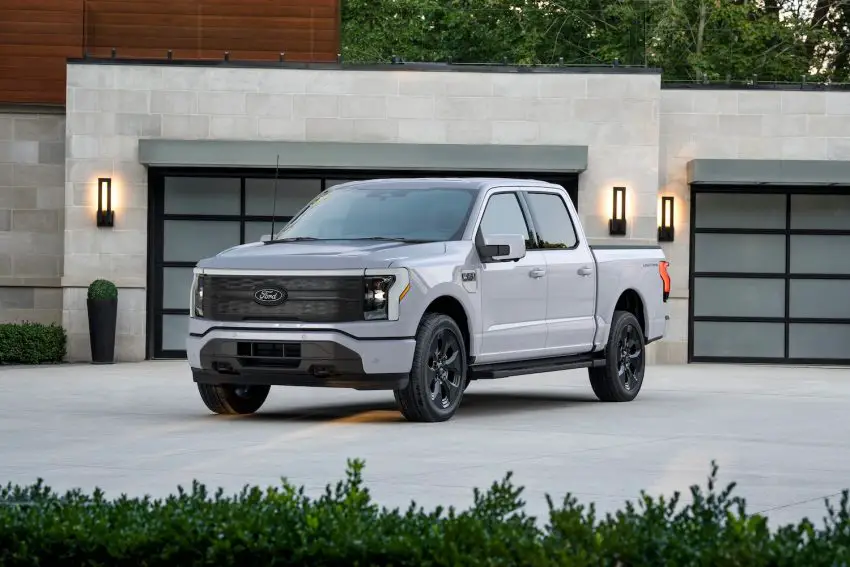
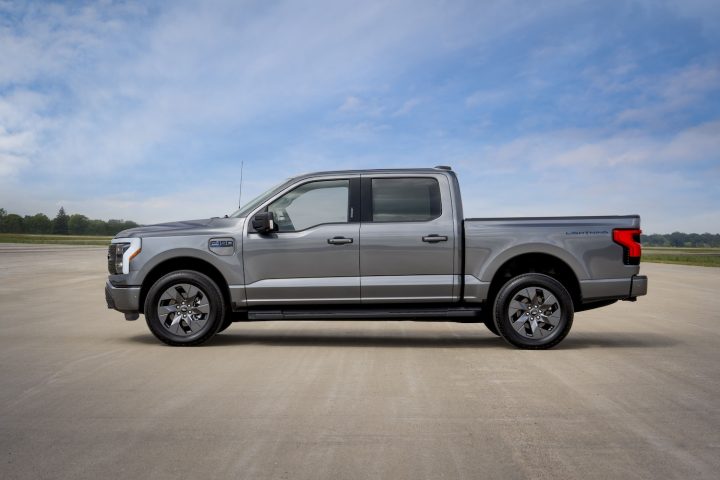
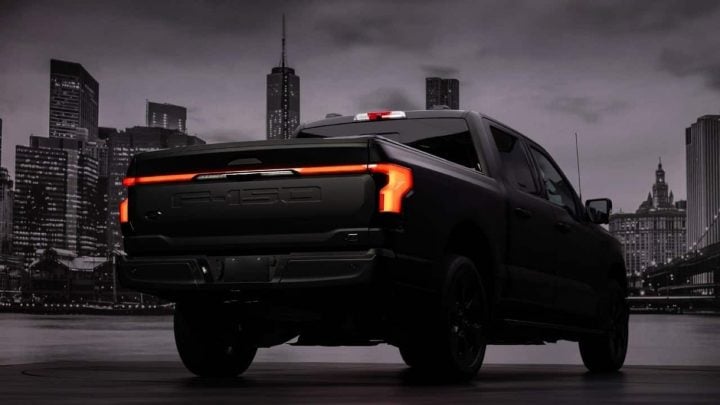



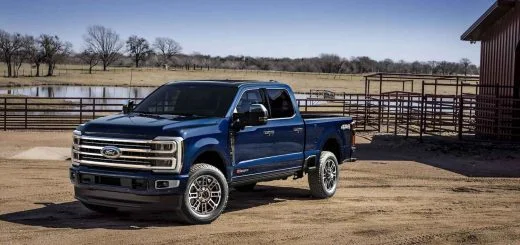
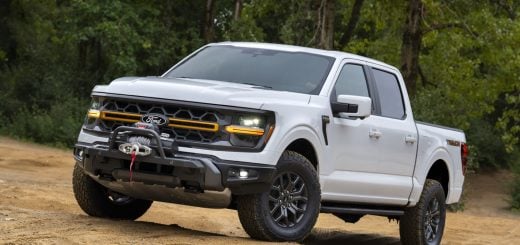
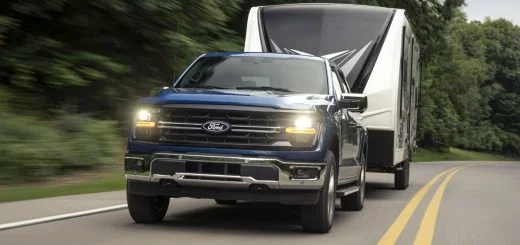







Comment
Good riddance. The sooner, the better.